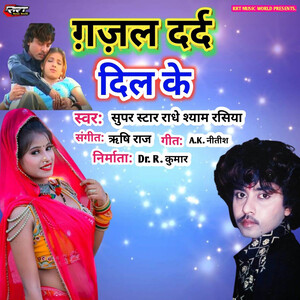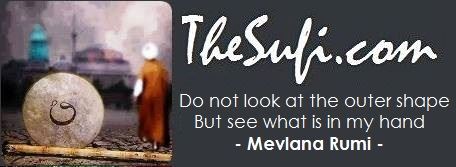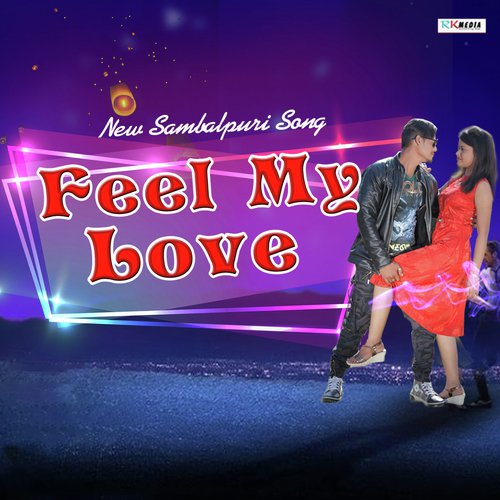

Initially, I did go for light music but times changed and pop singers like Alamgir, Sheiki, Hassan Jehangir, Ali Haider, Ali Azmat and Junaid Jamshed took over the music scene with a different style of music altogether. There are voices that are filmy and therefore acquire huge success by serving as playback voices for heroes and heroines. Talking about my interest specifically, I felt that my voice suited the genre of classical music, and that’s why of all the genres, I went for classical. But I believe that the situation has started changing for the better now. Until a few years ago, things did not seem to be very conducive for the classical singers as very few events would be held, not yielding the kind of result the singers’ hard-work deserved. There is a dearth of ghazal admirers, and also comparatively lesser incentives for the ghazal singers out there while a lot of hard-work goes into it. If one is to talk about classical music families’ domination, then the families’ attachment with music and their earnest training in it must also be brought under consideration.” This is something which at least I haven’t had a chance to witness in any of the contemporary singers. People not only listened to Nusrat Fateh Ali Khan and Salamat Ali Khan but used to fall into a trance. Otherwise, there are so many singers who have taken forward the style of their ancestors and have kept their way of presenting ghazals before the audience intact.

Ghazal singing, specifically, has a lot to do with presentation as well, which I believe is something the youngsters lack. I believe that learning music has more to do with being emotionally connected to it, and receiving its training with utmost sincerity and hard-work. There are quite a few ghazal singers who do not belong to any such family yet are respectable names in the field of classical music, such as Faheem Mazhar, Qamar uz Zaman, Badar uz Zaman and Pervez Butt. Whenever a good singer will come to the fore, he or she will be admired. But when no one shows interest, the question of their domination itself disappears. Instead, I believe that they really wish to propagate classical music and want the youngsters to work in the genre.

“I don’t believe that any family dominates over music. It comes as a surprise that for this singer, the question regarding the domination of ustaad gharaanas (Music masters’ families) over the field of classical music is quite an interesting one, to which he answers in the following words: Ghazal singing requires a lot of patience, employing which I have managed to learn the dos and don’ts of this genre.” The genre demands a different understanding of music altogether, and a different temperament as well. All the knowledge that I have gained about the nuances of the genre of ghazal has been the result of my consistent listening to Mehndi Hassan’s ghazals. However, the person who has inspired me the most is Mehdi Hassan. I also received training from Ashiq Ali Khan. My father, uncle and brother were associated with the filmy music industry, my brother being a singer who helped me a lot in learning the technicalities of ghazal singing. Talking about his career stretching over three decades, the singer says: These days, his rendition of Mehdi Hassan’s highly popular filmy song “Tere Bheege Badan Ki Khushboo” released by Sufiscore is trending among the top hundred music videos, his name and voice going places and bewitching people’s minds and hearts.

He has succeeded in establishing his name amongst music connoisseurs, including those belonging to India where good music is never compromised on. Hailing from a Lahore-based family of musicians, Muhammad Ali resides in Karachi and has exhibited his talent in more than thirty countries all over the world. A lively person and a good conversationalist, Muhammad Ali has in his voice, a tincture of the likes of Mehdi Hassan, Ghulam Abbas and Parvez Mehdi. Ghazal singer Muhammad Ali has been associated with classical music for almost thirty years.


 0 kommentar(er)
0 kommentar(er)
